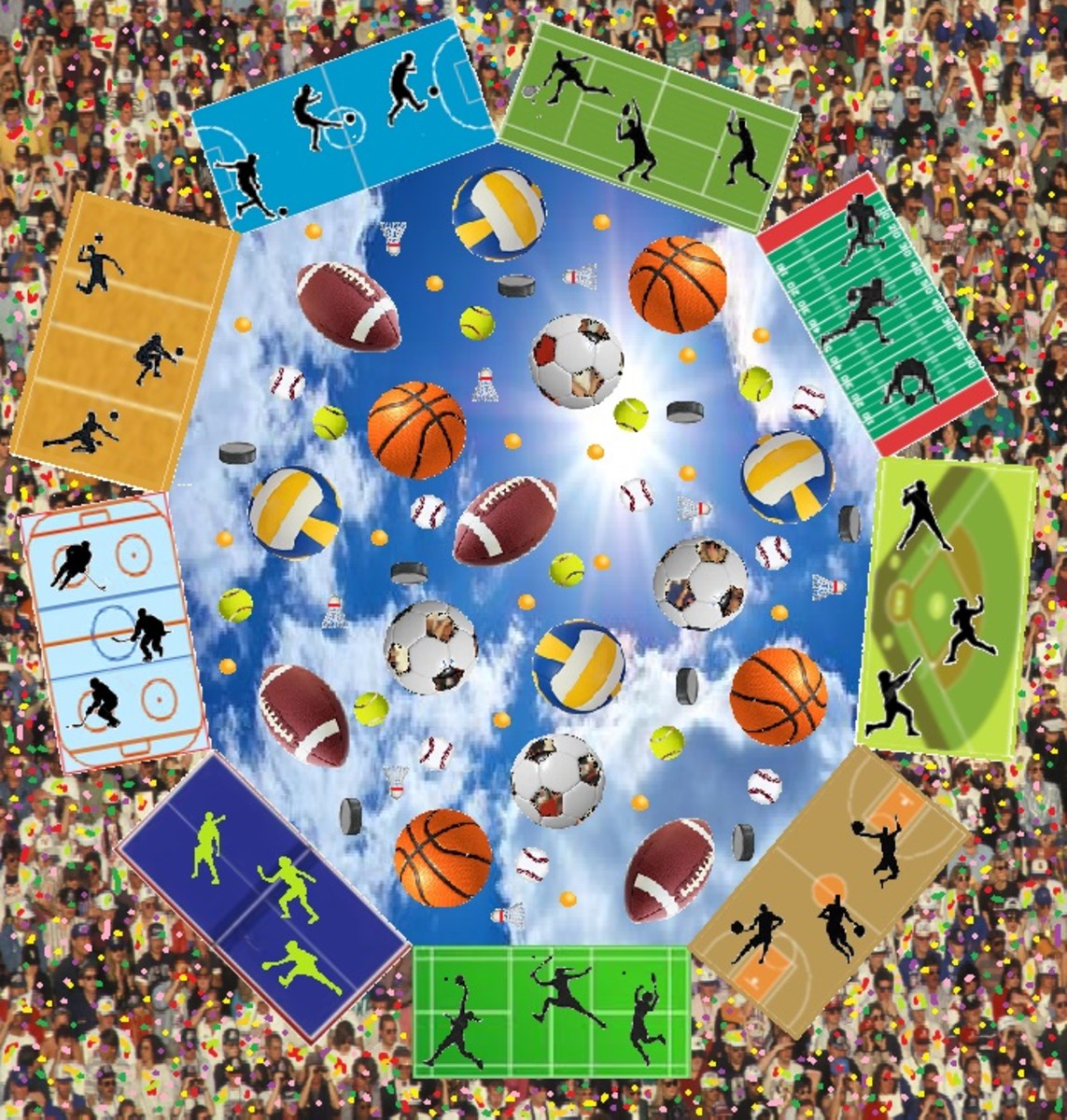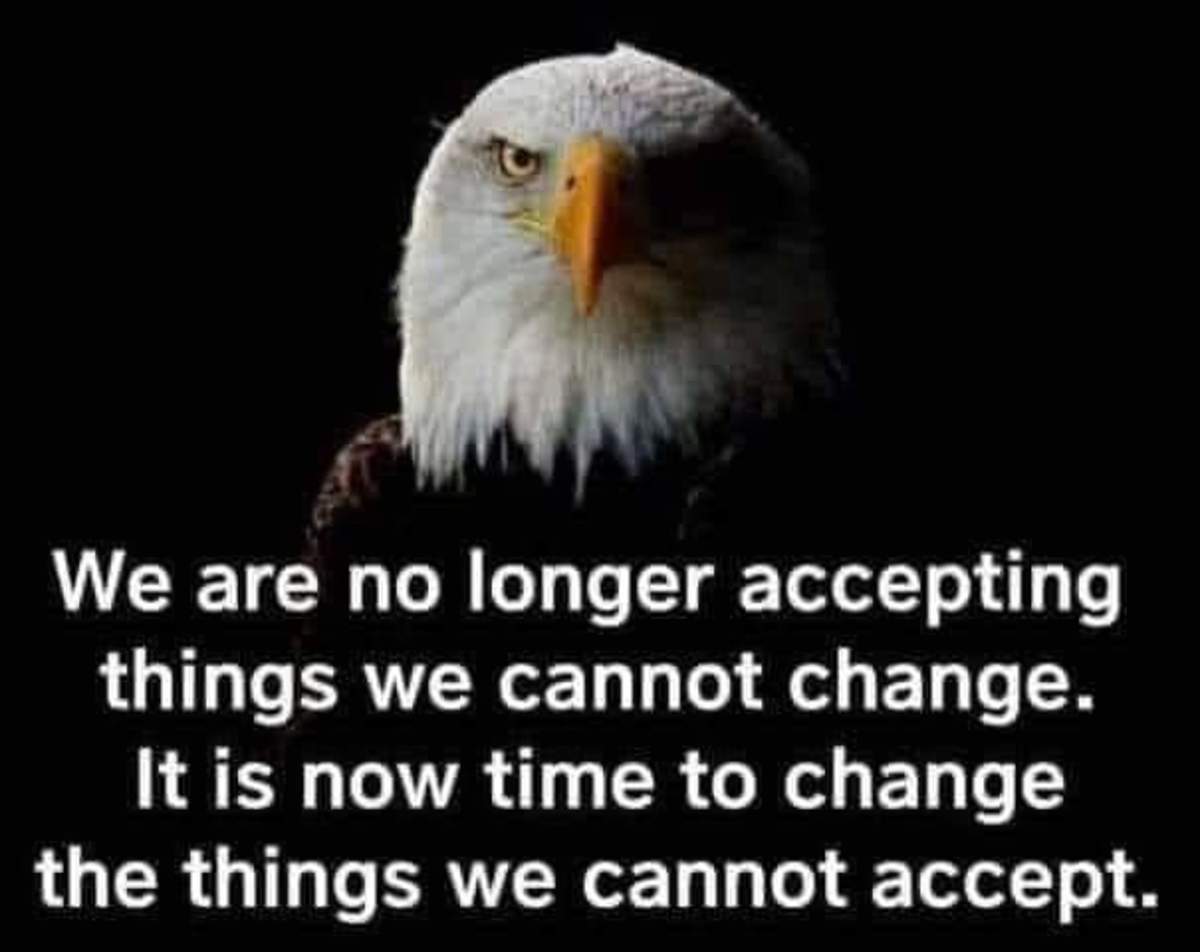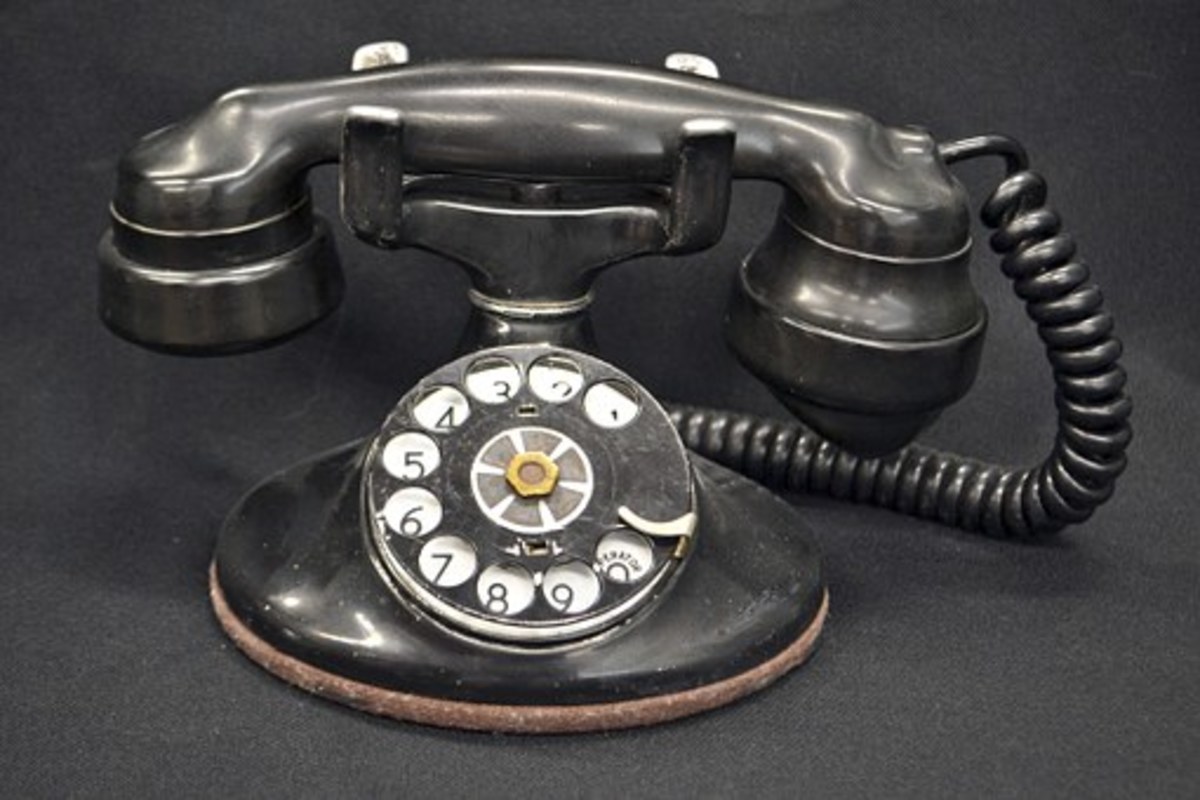Like We Have Been There Before, a Return to Civility
LIKE WE HAVE BEEN THERE BEFORE, A RETURN TO CIVILITY
A person only needs to watch a few minutes of any cable news station to witness another blast from the Trumpanator- Donald Trump, billionaire businessman and erstwhile Republican candidate for the presidency. The strategy seems clear: continually insult your opponents- they are stupid and losers; make outrageous statements denigrating whole groups of people- ban all Muslims from the country; toss out wildly inaccurate figures and preposterous propositions- unemployment is actually 41%, build a wall on our southern border and have the Mexicans pay for it; all without consequence to your national poll figures. The other candidates have felt compelled to do the same. The interminable debates on CNN and Fox News feature no substantive discussion of important issues, but only an attempt to see who can deliver the most zingers and put-downs. The media has joined in enthusiastically, as even the moderators appear less interested in asking relevant questions than scoring points themselves. Witness the much publicized feud between Trump and Fox commentator Megyn Kelly. An extremely sad situation which does not bode well for the nation.
Donald Trump has undoubtedly tapped into a deep reservoir of disgust among the American people concerning professional politicians and the do-nothing inertia of the federal government. Washington is broken, and needs fixing. Trump’s rantings, however, tend to obscure any thoughtful investigation of possible solutions, as he offers very little in the form of concrete proposals, beyond tired banalities, such as making America great again. Trump rightly touts that funding his campaign from his own money does not beholden him to any special interests, yet he is still a prisoner of his personality. He claims he would not act like this if elected president, but can a 69-year old dog really learn new tricks? Never say never, but highly unlikely. The Donald’s foray into politics means one more segment of our society has fallen under the sway of obnoxiousness and poor behavior, joining among others, popular culture and sport.
It is difficult to take the news media seriously as they loudly denounce Trump’s pronouncements, while fastidiously covering his every move and utterance, like CNN"S Day in Trump segment. Cable news has become like reality TV, with the hosts and “experts” yelling over each other, instead of actually talking rationally. Speaking of which, can the number of Reality TV shows even be counted? Former respectable channels, such as History, Discovery, and Nat Geo, have abandoned most of their instructional programming in favor of the unreal reality, where contestants vie to stab each other in the back in the pursuit of victory. Others, including MTV and TLC, long ago dropped all pretense of credibility for the shocking and outrageous. The scary thing seems to be how many people take to heart the warped messages of these shows, and perhaps pattern their behavior after them. Sports are definitely an area where some have absorbed these negative lessons, for spectators to see displayed publicly on a consistent basis. Where did Carolina Panther quarterback Cam Newton learn that to be a good loser just means you are a loser? From MTV? Other professional athletes? A little of both?
In fairness, it is difficult to say whether poor sportsmanship is more rampant today, or only more visible due to 24 hour sports/news outlets, social media and the Internet. An old man now, I can remember acts of bad behavior while playing youth sports in the 1970’s, and coaching them in the 1990’s- a CYO basketball coach having 4 of his 5 players on the court, stand off to the side and just watch, while his star went one on one, all to win the 3rd grade championship; an irate father punching a ref in the parking lot for supposed poor calls after a JV football game; coaches pressuring their weaker players to quit, thus allowing their better ones to gain more playing time in the era of every child must play at least a half of each game. The common thread running through each of these examples is a parent being the culprit, as numerous young people look on. One constant through the years remains as much a problem today, while several new disturbing trends have made matters worse.
The obsession with winning and being number one is obviously not a new phenomenon in American life or sport, but it appears to have reached outlandish proportions at the moment. It especially permeates all levels of athletics, from the professional ranks, through college, high school, and the youth leagues. Professional players are paid to win (though it is sometimes forgotten they still get their money if they lose), but doing it, and losing as well, are done too often with a serious lack of graciousness. Every time period has its poor sports, but perhaps the extraordinary money and celebrity visited upon today’s athletes has inspired a startling lack of perspective. What might legendary Dallas Cowboys coach Tom Landry, who flew 25 combat missions on a B-17 during World War II before the age of 20, think about a current NFL player comparing playing in the NFL to being in a war; or Landry’s Hall of Fame quarterback Roger Staubach, who had to delay the start of his career 5 years to complete the required national service after graduating from the Naval Academy, part of which he spent in Vietnam, listening to ESPN and their pundits laud as amazing Michael Vick’s return to the league after spending 2 years in prison for abusing animals.
Vick’s case highlights how astronomical fame and fortune have given some pro athletes a deranged sense of entitlement, which often manifests itself in criminal behavior off the field and crass immaturity on it ( in a league with around 1,500 players, there are several hundred NFLers who possess a police record). Much of the excessive showboating and taunting of opponents can also be traced to the slow but inexorable move of pro athletics toward being more entertainment than sport itself, along the lines of professional wrestling. The dancing, posing, and flexing of muscles that accompanies every tackle, caught pass, or touchdown have become excruciatingly routine, like being forced to watch re-runs of a lousy TV show. The pinnacle of this silliness occurred when a reserve defensive lineman sacked the quarterback at the end of a game his team trailed by 4 touchdowns, he then proceeded to sprint out to open space (just to make sure everyone in the crowd and watching on TV could see him), jumped high in the air to celebrate, and upon landing, tore an ACL in one of his knees, putting him out for the rest of the season. Yet, the beat goes on. This posturing does influence younger athletes; recently the Monmouth University Men’s Basketball team, or rather just the subs on the bench, put on a game-long exhibition of crazy dancing, play-acting, and antics. Their coach defended their actions, saying they were only giving the audience a show. I guess the people mistakenly believed they attended a basketball game. Their opponent, IonaCollege, interpreted the display as an insult, precipitating a bench-clearing altercation at the end of the contest.
With the state of professional sports at the moment, it seems meaningful change will need to begin at the youth level. Well-intentioned, but clumsy, efforts have already been made, only to crash head-long into the prevalent must-win mentality. The much derided participation trophy, unfortunately, just reinforces the notion that you are a loser if your team does not finish first. Ideally, a child should play sports for the fun of it, not to receive trophies and awards. A team patch on a jacket or sweatshirt is more than enough, to show pride in participating and being part of a team. The next step, taken already in some places and highly ridiculed, would be to eliminate official scoring and league standings in youth athletics. Not having to worry about who is winning might let children enjoy the games more, and permit coaches to concentrate on developing the skills of all their players, instead of having one or two dominate play, just to secure victory. Not a cure-all, as obviously, kids, even without keeping score or standings, know full well how they and their team stack-up against the competition. It does, however, put a more positive spin on things, and also allows coaches to instill more strongly in young athletes, the idea that it is more important to compete and do your best, no matter what the circumstances, than to win or lose. At the end of a contest, both teams can celebrate the effort they gave, which is the point of sport.
This approach has been employed successfully in some parts of Europe, and provides practical benefits as well. While promoting better sportsmanship and concept of team, in addition, it ensures a larger pool of players move up to the higher levels. How many young people in the U.S. are lost to athletics due to poor experiences on losing and winning teams, or who have coaches who ignore them if their talent is not quite where it might be. This difference in outlook was brought into stark relief during the 2014 Sochi Winter Olympics. After being defeated in the semi-finals by Team Canada, thus losing a shot at the gold medal, the U.S. Men’s Hockey team and broadcaster NBC treated the bronze medal contest against Finland as pretty much worthless. Not surprisingly, the Americans were trounced by the Finns. After the game, an announcer asked Finnish and NHL star Teemu Selanne how he could get motivated for something so meaningless. Initially perplexed by the question, Selanne replied in essence that any time he put on a team jersey to play hockey, especially when representing his country, he would give 100% effort, whether for a gold medal, a bronze, or last place. A philosophy that will hold one in good stead not only in sports, but life.
As to the current climate of incivility, perhaps Donald Trump might read the following quote before each of his public appearances, and it should be placed prominently in every corporate boardroom, work lunch area, and particularly professional, college, and high school locker rooms. One of the NFL’s all-time great running backs, former Detroit Lion Barry Sanders, never celebrated after scoring a touchdown, but just tossed the ball to a ref in the end zone, and ran off the field. His explanation, “I want to act like I have been there before, and I am going to be there again.” Behaving with class, dignity, and humility, letting your actions speak for themselves.








